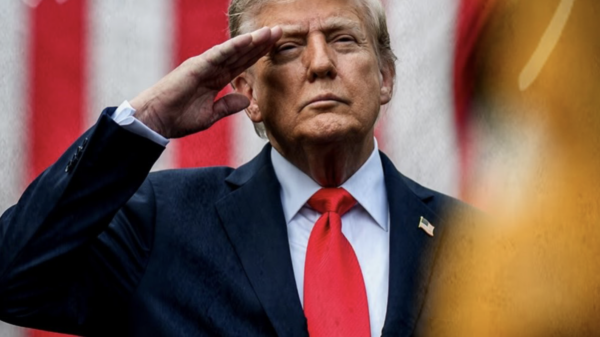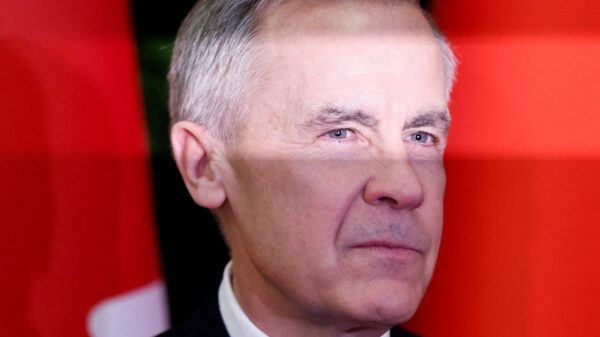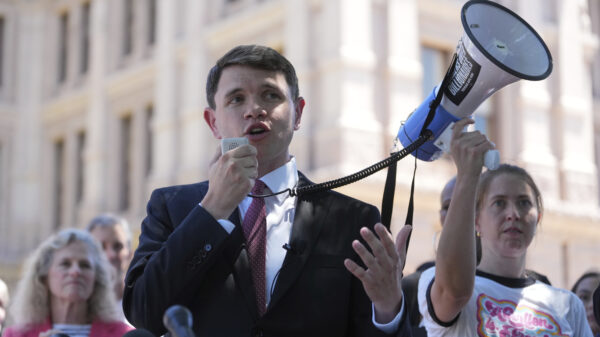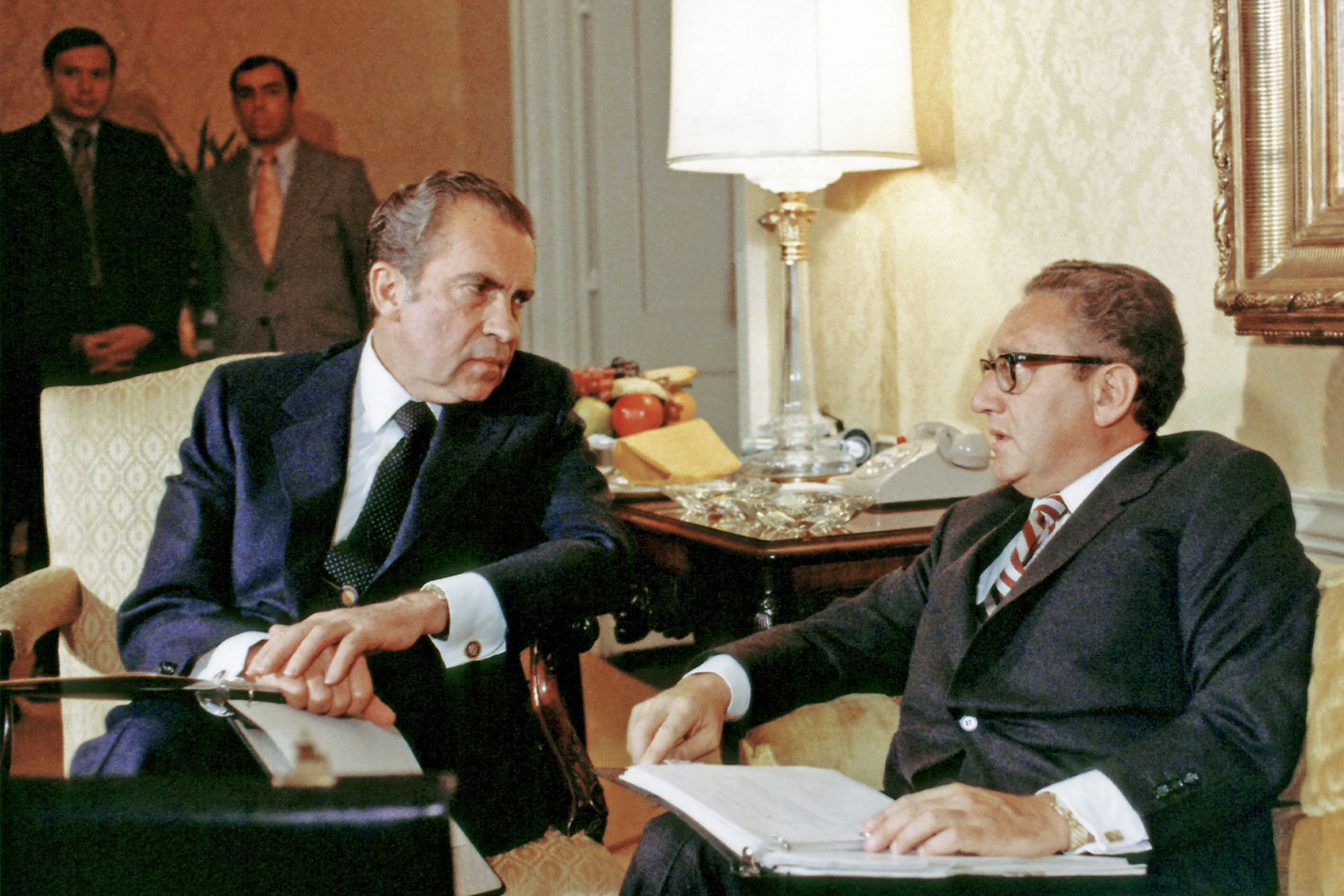The new documentary titled “American Experience: Kissinger,” which aired on October 27, 2023, provides a retrospective of former U.S. Secretary of State and National Security Adviser Henry Kissinger. The film chronicles his tenure during the Nixon administration, highlighting key events such as the Vietnam War and the opening of diplomatic relations with China, but it largely refrains from addressing the more controversial aspects of his legacy.
Kissinger, who served under President Richard Nixon, is often a polarizing figure in American history. The documentary revisits significant moments, such as the celebrated “ping-pong diplomacy” and the announcement of a nuclear arms limitation agreement with the Soviet Union. For many viewers, especially those who experienced these events firsthand, the film may evoke nostalgia for a time when U.S. foreign policy was framed as a triumph of diplomacy.
Despite its retrospective lens, “Kissinger” has been criticized for its lack of depth and failure to present new insights. The film serves more as a summary of Kissinger’s achievements and controversies without delving into the complex moral implications of his actions. Supporters argue that he played a crucial role in reshaping American foreign policy, while detractors contend that his decisions led to significant suffering in countries like Vietnam, Cambodia, and Bangladesh.
While the documentary features commentary from historians and political analysts, it largely relies on archival footage and previously known anecdotes. Niall Ferguson, who has been identified as Kissinger’s authorized biographer, appears prominently in the film. Critics note that his presence may have skewed the narrative, as viewers are not informed of his close association with Kissinger until later in the documentary.
Missed Opportunities for Deeper Analysis
The film’s approach has led some observers to label it a missed opportunity. As someone who has studied the Nixon administration’s inner workings, including the infamous White House tapes, the absence of a more critical examination of Kissinger’s decision-making processes stands out. The documentary does touch on the Vietnam War, yet it avoids illustrating how Kissinger and Nixon manipulated the timeline of U.S. troop withdrawals for political gain.
In meetings, Kissinger advised Nixon to delay military withdrawals until after the 1972 presidential election, a move that resulted in the deaths of over 20,000 American soldiers and countless Vietnamese lives. The decision to prioritize political optics over humanitarian concerns raises questions about the ethical implications of their strategies.
The documentary does offer some personal testimonies regarding the human cost of Kissinger’s policies. Survivors of the conflicts in Southeast Asia recount the devastation wrought by U.S. military strategies. However, these individual stories are not sufficiently contextualized within the broader scope of Kissinger’s career.
Legacy of Controversy
While “Kissinger” presents a polished overview of his accomplishments, it falls short in addressing the complexities of realpolitik, the foreign policy approach he championed. This strategy, characterized by pragmatic and often ruthless decision-making, has led to criticism that Kissinger prioritized U.S. interests at the expense of global human rights.
The documentary’s presentation of animated sequences to depict historical events, such as the anti-war protests and military actions, has been met with skepticism. The use of cartoons to illustrate serious topics may detract from the gravity of the consequences of Kissinger’s policies, leading viewers to question the film’s commitment to an authentic portrayal of history.
In summation, “American Experience: Kissinger” offers a familiar narrative that reflects a selective interpretation of Kissinger’s legacy. For those seeking a comprehensive analysis of his impact on American and global politics, the documentary may disappoint. The broader implications of his decisions, particularly regarding the Vietnam War and subsequent conflicts, warrant a more nuanced examination than what is presented.
The documentary’s superficial treatment of Kissinger’s actions suggests that the true cost of his policies, both at home and abroad, remains a subject of significant debate. As discussions surrounding Kissinger’s legacy continue, the need for a more in-depth exploration of his actions and their repercussions is evident.






































































